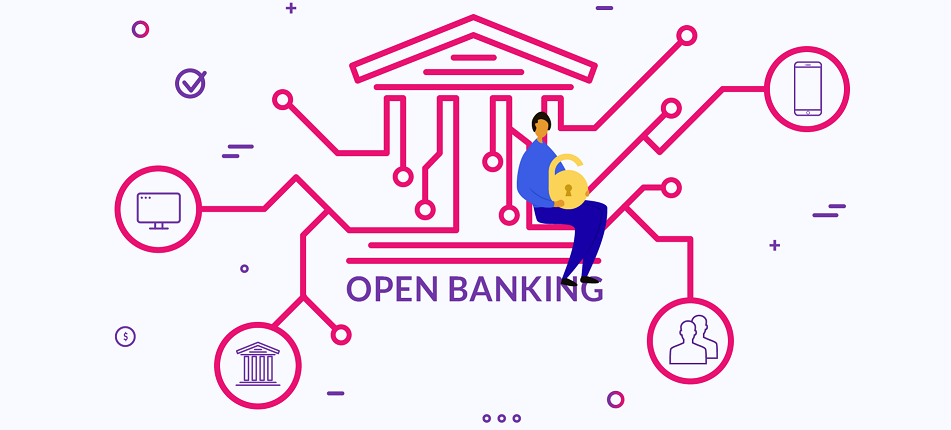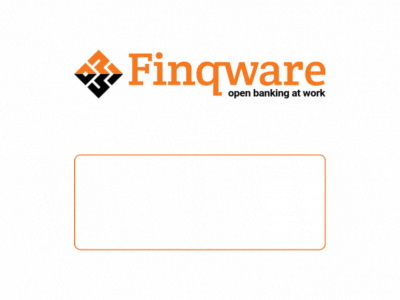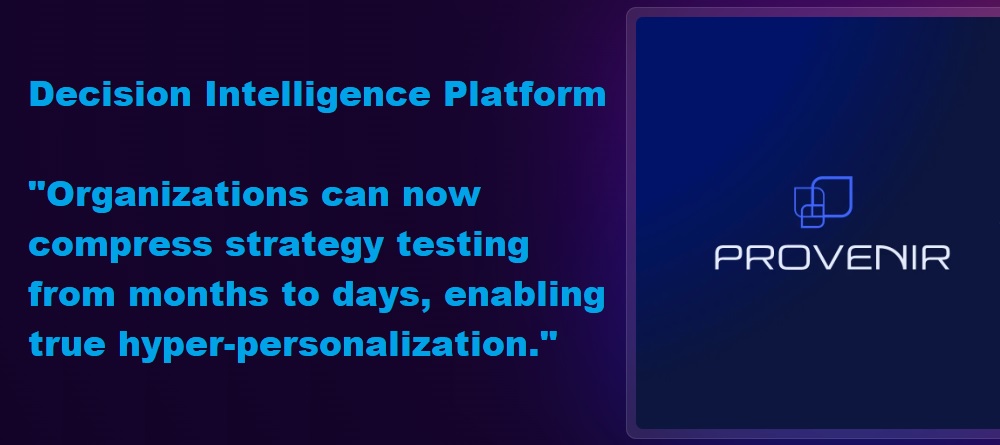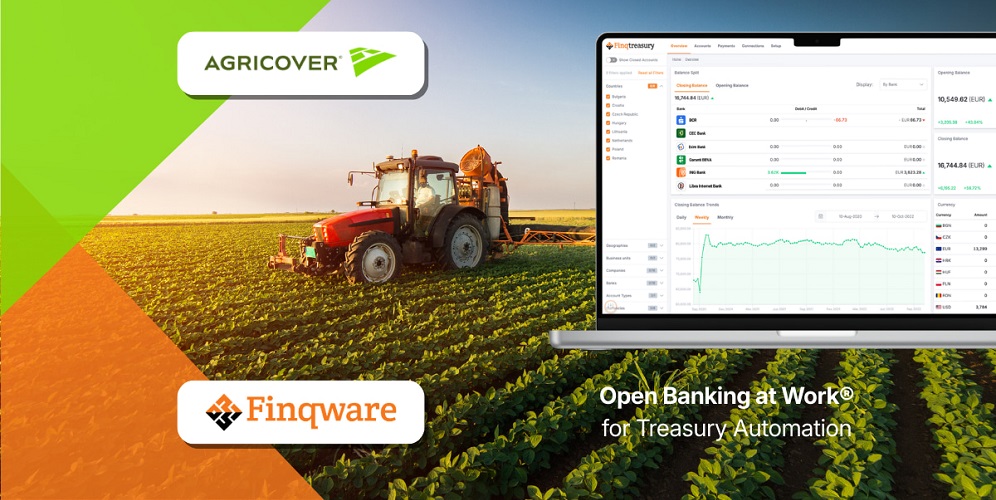For the accounting sector, open banking has proven to be a game-changer – Salt Edge says

5 benefits of open banking accounting companies should look upon – an article written by Salt Edge
In today’s rapidly evolving financial landscape, accountants are acutely aware of the need to embrace technological advancements and digitalisation to remain competitive. A fact supported by a recent Sage study, revealed that 82% of accountants claimed their clients demanding a broader service offering.
Since its inception in 2018, open banking has emerged as a transformative force for accounting firms and software, enabling a way to improve productivity and client experiences via open APIs. Be it an accounting firm that handles the activities of hundreds of SMEs or an accounting software used by the financial director of a big corporation with offices spread across the globe, open banking brings many levels of digitalisation. From access to aggregated bank data in real-time and the ability to initiate payments from a customer’s bank account, to automated complex processes and unlocked actionable insights.
Display various bank data in a single accounting system
Many accounting procedures are still far from being digital, requiring the manual or semi-manual extraction of data from Excel or PDF files and its subsequent introduction into accounting software. Human error cannot be prevented during these operations, which results in low efficiency and high operational costs. Leveraging open banking, accounting companies get instant access to clients’ data from any bank in any country – in one place. The automatic import of live bank feed data is normalised into a unified format and readily available, excluding the need to convert the data from different banks to a common standard.
Seamless payments
Companies can now experience a smooth payment process free of time-consuming manual steps by integrating open banking solutions into their accounting apps. This advantage is particularly valuable for accounting firms handling multiple SMEs accounts or financial directors responsible for managing accounts across global entities. Through open banking, they can initiate payments, such as salaries, taxes, and multiple invoices, with just a few clicks. The added convenience of making payments directly from the accounting app streamlines the entire process, eliminating the need for separate payment platforms or complicated procedures.
Actionable insights
In addition to data aggregation, clever algorithms may also be used to further process the bank data in order to generate up-to-date and helpful insights. With data already classified and categorised, accounting professionals can dive into budgeting, forecasting, and cash flow analysis with ease. The integration between open banking and accounting software features allows for efficient collaboration, ensuring that the insights gained from the data can directly influence decision-making processes.
Reconciliation made easier
According to numerous studies, mistakes in bank reconciliation can significantly affect a company’s profitability. Due to improper bank reconciliation procedures, about 30% of businesses tend to have financial record errors. In this case, there is also room for open banking. The APIs can automate the processes, revolutionising the way reconciliation is performed. Traditionally, reconciliation involved manually detecting cash manipulations or discrepancies between records and bank account balances. With open banking, these errors can be mitigated as automated reconciliation ensures real-time matching of transactions.

Smooth client onboarding
Incorporating dozens of new businesses into the accounting software can be done easier by automating the data import directly from the bank. The automatic import of live bank feed data, including KYC details, account numbers, and personal and business data, streamlines the onboarding flow, creating a better user experience and less manual work for accountants. Additionally, accounting firms can finally escape the spreadsheet avalanche by obtaining years worth of transaction history in just a few clicks through one integration. Automation of bookkeeping enhances real-time reporting and decreases operational costs.
Concluding…
For the accounting sector, open banking has proven to be a game-changer by giving businesses the tools they need to better serve their customers while navigating the constantly changing financial landscape. Accounting firms can automate their operations and difficult tasks and use real-time financial data to help them make wise business decisions by embracing open banking solutions.
Dariusz Mazurkiewicz – CEO at BLIK Polish Payment Standard
Banking 4.0 – „how was the experience for you”
„To be honest I think that Sinaia, your conference, is much better then Davos.”
Many more interesting quotes in the video below:












